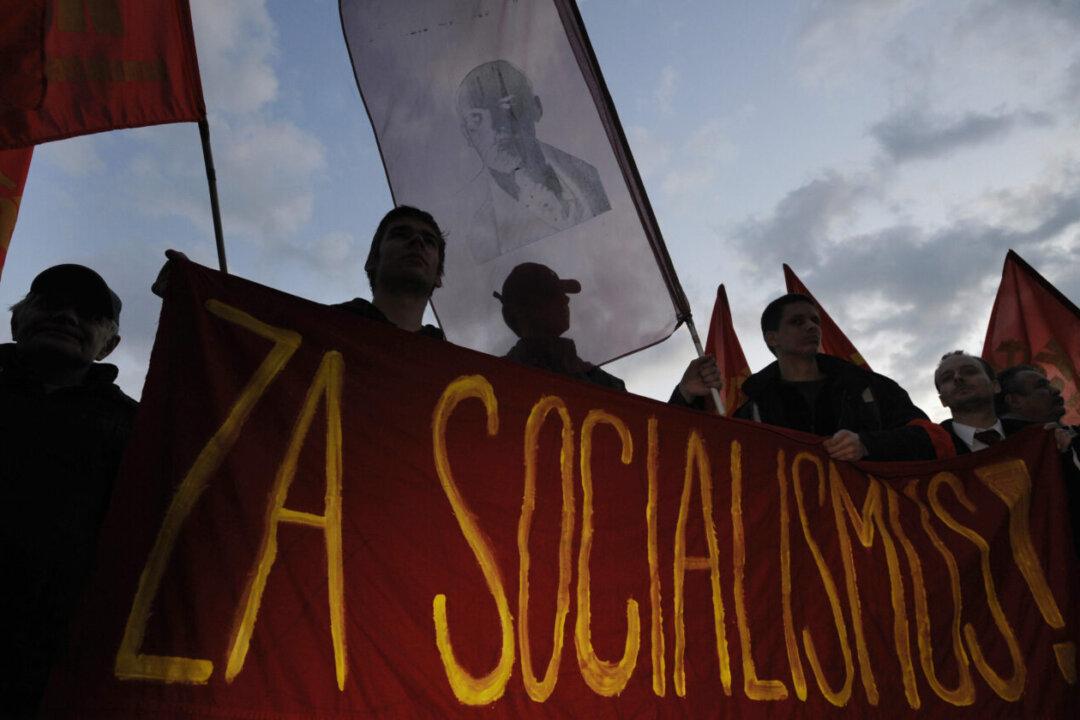By canceling his summit meeting with Vladimir Putin in Russia in September, U.S. President Barack Obama has used the tools of diplomacy adroitly and appropriately. With this reaction to Russia’s decision to harbor leaker Edward Snowden, Obama is saying, in essence, we will not tolerate you ignoring a direct request related to our national security.
The U.S. government had repeatedly, through all channels, asked Russia to return the renegade former contractor for the NSA. After more than a month in the limbo of the Moscow airport transit zone, Snowden was granted asylum in Russia.
This thumbing of the nose at American authority, along with escalating disagreements over human rights and other issues, led to the summit cancellation.
But what of the immediate predecessor to Russia in the game of Snowden Hot Potato? What about China? Snowden was hiding out in Hong Kong, not the mainland, but China is “digesting” Hong Kong speedily, albeit not without some burps. Decisions about any matter in Hong Kong of international consequence today are made in Beijing.
China allowed Snowden to slip away—certainly not before copying the contents of the four laptops he carries with him, of course. The U.S. government directly and strongly asked the Hong Kong authorities to turn over Snowden, but they managed to wiggle out of it. One report said that the official U.S. request for Snowden used the wrong middle name, and thus Hong Kong could claim on technicality that there was no legal basis to turn over this particular Edward Snowden.
So China managed to wiggle out of any direct diplomatic consequences. So far.
Perhaps President Obama should take a look at China’s track record on numerous substantive issues—a track record much worse than Russia’s—and consider sending a diplomatic message in the near future. One can find ample reason for an American rebuke of the communist regime in China by going no further than the growing pile of official reports and commission findings that detail China’s flouting of international agreements, violations of human rights, and theft of intellectual property, to name but a few.
For example, take the report issued in May of this year by The Commission on the Theft of American Intellectual Property. Its findings are stark: “China is the world’s largest source of IP theft,” and by itself instigates the vast majority of the theft.
IP theft originating in China costs the American economy billions of dollars a year, and has damaged or destroyed many American businesses, including some located on American soil, such as American Superconductor in Massachusetts. A federal lawsuit filed by the company asserts that it lost 90 percent of its stock value and hundreds of millions of dollars after an employee was bribed by Chinese energy company Sinovel to steal the company’s key software.
“National industrial policy goals in China encourage IP theft,” says the report, “and an extraordinary number of Chinese in business and government entities are engaged in this practice.”
Consider this from U.S. House Cyber Economic Espionage Accountability Act introduced this June: “The National Counterintelligence Executive stated in its October 2011 biennial economic espionage report that ‘Chinese actors are the world’s most active and persistent perpetrators of economic espionage’ and that ‘United States private sector firms and cybersecurity specialists have reported an onslaught of computer network intrusions that have originated in China.’”
On the issue of freedom of belief, China has been requested by the U.S. Commission on International Religious Freedom to be redesignated a “country of particular concern” this year. The USCIRF 2013 report says, “The Chinese government continues to perpetrate particularly severe violations of the freedom of thought, conscience, and religion or belief.”
To address one category of such “particularly severe violations,” the U.S. House in June introduced a resolution, H.R. 281, “Expressing concern over persistent and credible reports of systematic, state-sanctioned organ harvesting from non-consenting prisoners of conscience, in the People’s Republic of China, including from large numbers of Falun Gong practitioners imprisoned for their religious beliefs, and members of other religious and ethnic minority groups.”
The Chinese regime allows, supports, and directly engages in stealing trade secrets, spying, depriving people of life and liberty, and other actions that endanger humanity monetarily, bodily, and in soul—and Russia pales in comparison. The executive branch can take its pick of reasons to send Beijing a strong message. The next time a Snowden-like case surfaces, President Obama should use the diplomatic tools to send that message.
In the meantime, the president can signal the Chinese regime, and the watching world, that the United States is serious about human rights and freedom of belief by speaking in favor of H.R. 281. The people of China will be glad to hear his voice.




